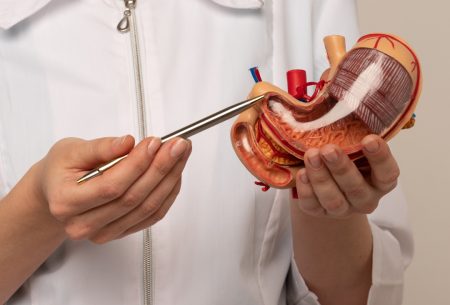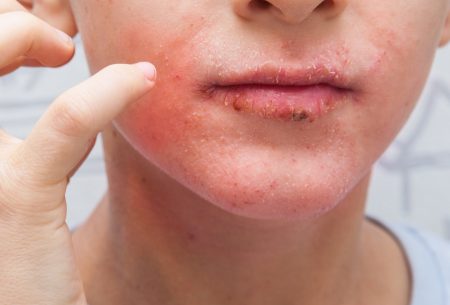There’s growing evidence that your gut microbiome (aka GM, the trillions of microbes in our gut) and sleep are interconnected via the gut-brain axis, and that microbial diversity can affect total sleep time as well as sleep quality.
Poor quality sleep can impact our microbes (they need rest too!), as well as increase inflammation and stress hormones, which might explain why not enough sleep is associated with increased gut symptoms, particularly for those with IBS. Lack of sleep also impacts our hunger and satiety hormones (ghrelin & leptin) that help regulate our food intake during our waking time… cravings when tired, anyone?!
Lack of diversity within our GM can impact our sleep patterns too. Studies have shown that microbe depletion is associated with a lack of serotonin in the gut, which we know can affect sleep/wake cycles. So taking care of your GM by feeding them well could lead to a reduction in sleep issues as well as improved mood.
Whilst some studies found that probiotics may improve sleep quality, we don’t recommend everyone struggling with sleeping reach for the supplements just yet, as different probiotics do different things and the studies looked at specific strains.
Instead, focussing on plant-based diversity to feed all those microbes is a good place to start, as well as thinking about other factors that can influence sleep including caffeine intake and stress, as well as other sleep hygiene tips like blue light exposure, exercises, sleep routine, darkness, relaxation techniques and mindfulness.
Let us know if you want bespoke advice in the clinic with one of the team via [email protected]. In the meantime, happy eating for your microbes, and sweet dreams!













